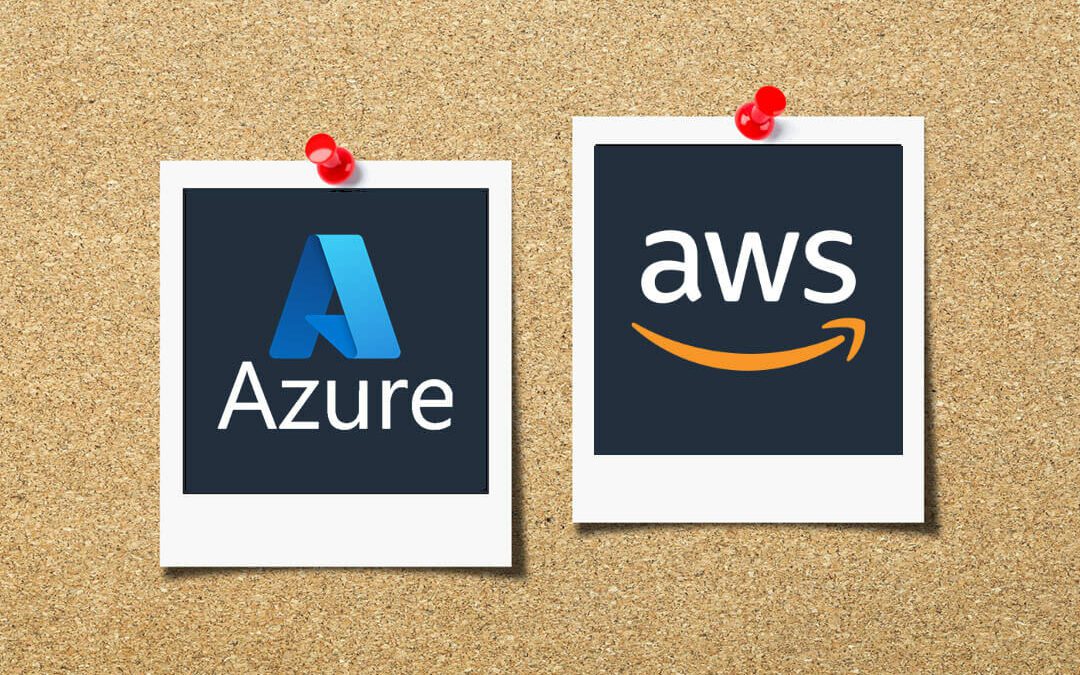The IT industry has evolved into a dynamic ecosystem where technical expertise alone is no longer sufficient for career advancement. From software development and cybersecurity to data analytics and cloud computing, technology professionals are discovering that strategic networking plays an increasingly crucial role in unlocking opportunities, fostering innovation, and accelerating professional growth. Amid the rapid pace of technological change and the competitive nature of the tech job market, effective networking has emerged as an essential skill for building meaningful connections, accessing hidden job markets, and staying current with industry trends.
The Strategic Value of Professional Networking
Modern IT networking extends far beyond traditional business card exchanges — it now encompasses digital relationship building, knowledge sharing, and collaborative problem-solving. For instance, technology professionals who actively engage in online communities and professional forums often gain early access to emerging technologies, job opportunities, and mentorship relationships that significantly accelerate their career trajectories.
Forward-thinking IT professionals and organizations are recognizing that networking serves multiple strategic purposes: staying informed about industry developments, identifying potential collaborators for projects, accessing specialized knowledge, and building personal brands within technical communities. These connections often prove invaluable for career transitions, skill development, and professional visibility.
Building a Compelling Digital Presence
A major component of effective IT networking involves establishing and maintaining a strong online professional presence across multiple platforms. LinkedIn serves as the primary professional networking hub, where technology professionals can showcase their projects, certifications, and achievements while engaging with industry discussions and connecting with peers, recruiters, and thought leaders.
Moreover, technical platforms like GitHub and GitLab provide unique networking opportunities through code sharing, open-source contributions, and collaborative development projects. These platforms allow IT professionals to demonstrate their technical capabilities while building relationships with other developers and potential employers or clients.
Leveraging Community Engagement and Events
Active participation in technology communities creates opportunities for meaningful professional connections that extend beyond simple online interactions. Virtual conferences, webinars, local meetups, and industry events provide platforms for IT professionals to engage directly with peers, learn from experts, and showcase their own knowledge and experience.
Online communities on platforms like Reddit, Stack Overflow, Discord, and specialized forums offer continuous networking opportunities where professionals can ask questions, share solutions, and build reputations as helpful and knowledgeable community members. These interactions often lead to job referrals, collaboration opportunities, and mentorship relationships.
Knowledge Sharing and Thought Leadership
Establishing credibility within IT communities requires consistent contribution of valuable content and insights. Technology professionals who write technical blogs, create tutorials, speak at events, or contribute to open-source projects position themselves as thought leaders while building networks of followers and collaborators.
Content creation through platforms like Dev.to, Medium, personal blogs, or company publications helps IT professionals demonstrate their expertise while attracting connections from others facing similar technical challenges. This approach to networking focuses on providing value first, which naturally leads to stronger and more meaningful professional relationships.
Strategic Relationship Building
Effective networking in IT requires a strategic approach that goes beyond simply collecting contacts. Successful technology professionals focus on building genuine relationships by offering help, sharing resources, providing feedback, and collaborating on projects. This reciprocal approach to networking creates stronger, more sustainable professional connections.
Long-term relationship building involves consistent engagement, follow-up communication, and genuine interest in others' professional success. IT professionals who master this approach often find that their networks become sources of career opportunities, technical advice, and professional support throughout their careers.
Challenges and Best Practices
Despite the clear benefits of professional networking, many IT professionals struggle with consistency, authenticity, and effective relationship management. Common challenges include finding time for networking activities, overcoming introversion or social anxiety, and maintaining relationships over time. However, systematic approaches to networking, including regular schedule dedication and authentic engagement strategies, can help overcome these obstacles.
Additionally, the rapid evolution of technology creates both challenges and opportunities for IT networking. New platforms, changing industry dynamics, and emerging specializations require continuous adaptation of networking strategies. Successful IT professionals stay current with networking trends while maintaining focus on building genuine, mutually beneficial relationships.
Conclusion
Professional networking represents a fundamental shift in how IT careers are built and sustained in the modern technology landscape. While technical skills remain essential, the ability to build and maintain strategic professional relationships has become equally important for long-term career success. Through consistent online engagement, active community participation, knowledge sharing, and authentic relationship building, IT professionals can create powerful networks that provide ongoing career support, learning opportunities, and professional growth. With dedication to strategic networking practices and genuine relationship building, technology professionals can unlock new levels of career achievement and industry impact.
Would you like this article adapted for a specific publication, such as a professional development journal, IT career newsletter, or technology blog?
.webp)


